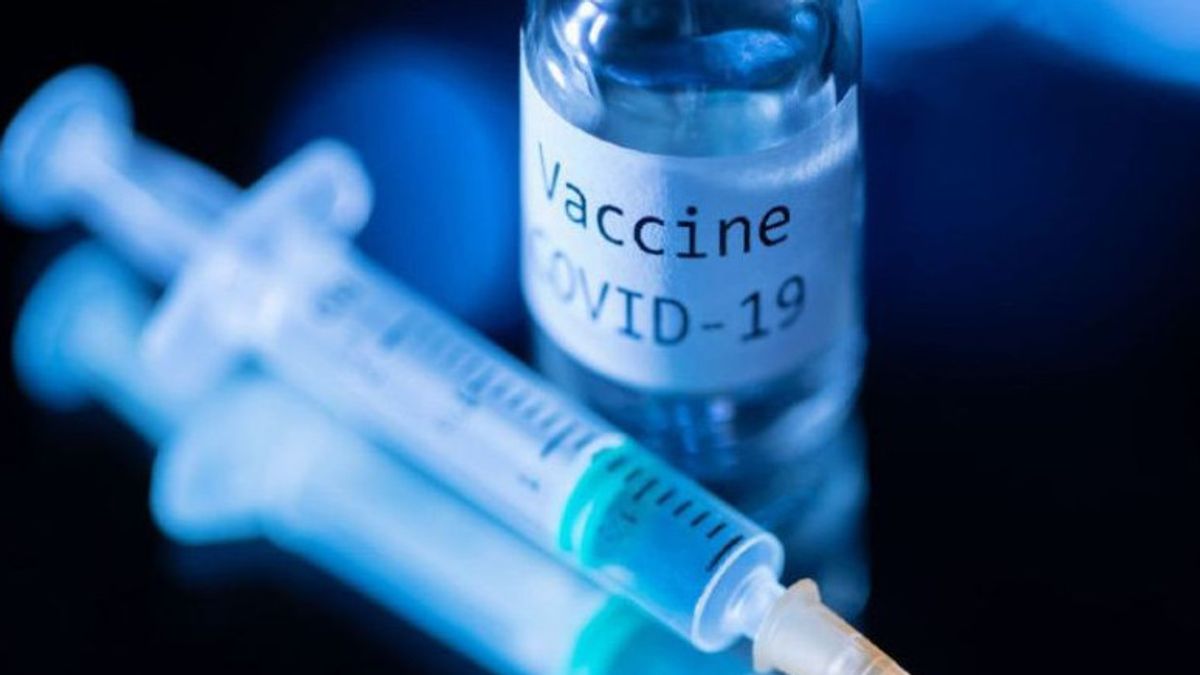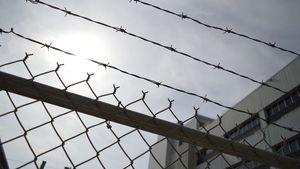JAKARTA - The Indonesian Political Indicators Survey proves that more people do not want to get a third or booster dose of COVID-19 vaccination.
Responding to this, an epidemiologist from Griffith University Australia, Dicky Budiman, said this was the effect of the government's risk communication strategy which was not too strong.
Dicky thinks that the government often conveys news about the handling of the pandemic only on the positive side. Meanwhile, the negative aspects in the sense of what they are are minimally expressed.
"The data is neutral. The government must convey what is positive and what is still weak, what is the progress of the pandemic condition and what are the challenges," said Dicky to VOI, Monday, January 10.
Dicky said that the risk communication strategy that the government needs to develop must be improved. It's not just a matter of communication, but also of risk management.
"Governance, transparency, and building trust are part of a risk communication strategy. It is indeed difficult to implement. But, at least this will be a provision for the future in a pandemic or the threat of the next outbreak," said Dicky.
SEE ALSO:
It is known, the Indicator survey shows that the majority of respondents are reluctant to receive booster vaccinations. A total of 54.8 percent did not agree to receive the booster vaccine, while 41.7 percent agreed.
This survey was conducted in the period from 16 to 11 December 2021 to respondents of Indonesian citizens who were 17 years old or older, or were already married when the survey was conducted.
The survey was conducted through face-to-face interviews with 1,220 randomly selected respondents. The margin of error for this survey is estimated at around 2.9 percent and the survey confidence level is 95 percent.
Executive Director of Indicators Burhanuddin Muhtadi views that the public's reluctance to this booster vaccine could be a separate problem from the implementation of the COVID-19 vaccination.
Burhanuddin said, if many people are reluctant to participate in government vaccination programs such as boosters and child vaccinations, there is a potential for vaccine stocks to expire.
"This has caused issues related to several vaccines that are not immediately distributed, they have the potential to expire because it is increasingly difficult to find people who are willing to be vaccinated. While the vaccine is there, but if people psychologically refuse, that will also be a problem," explained Burhanuddin.
The English, Chinese, Japanese, Arabic, and French versions are automatically generated by the AI. So there may still be inaccuracies in translating, please always see Indonesian as our main language. (system supported by DigitalSiber.id)

















